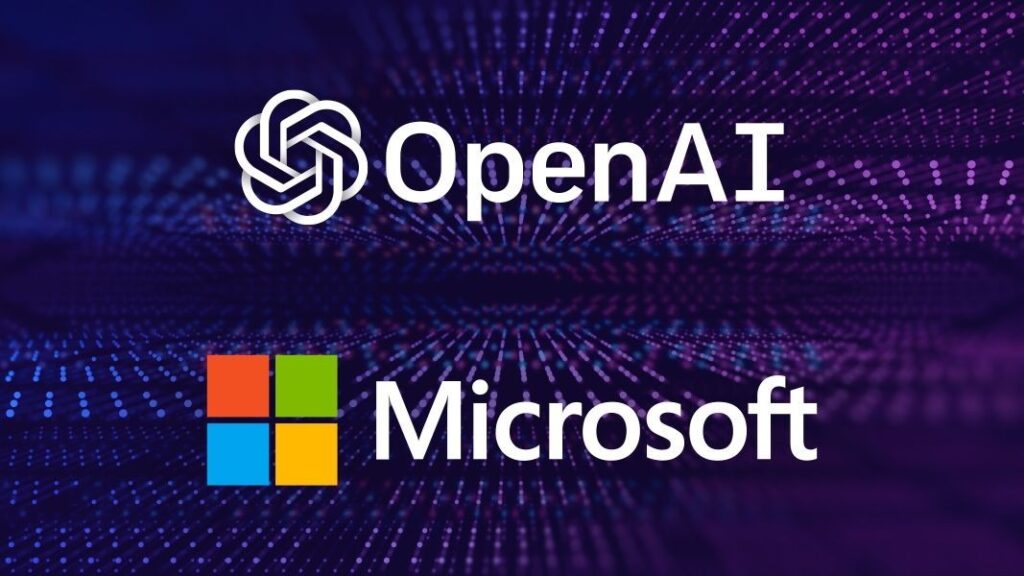In a strategic maneuver that has captured the attention of the tech world, Microsoft has significantly bolstered its Artificial Intelligence (AI) arsenal by absorbing a considerable segment of talent from Inflection, an AI entity with aspirations to rival the likes of OpenAI. Among the notable acquisitions is Mustafa Suleyman, a co-founder of Inflection, who brings a wealth of experience from his tenure at Google DeepMind and OpenAI. This move is not just about talent acquisition but signals a deeper ambition within Microsoft to lead in the AI domain, challenging the current paradigms and setting new benchmarks for innovation.
The Inflection Point: Microsoft’s Talent Strategy
Microsoft’s recruitment of Inflection’s talent, including the distinguished Mustafa Suleyman, underscores the tech giant’s resolute commitment to advancing its AI capabilities. By integrating these individuals, who have frontline experience in competing with OpenAI, Microsoft not only enriches its talent pool but also secures a strategic edge in the fiercely competitive AI landscape. This initiative is poised to expedite Microsoft’s AI research and development, potentially catalyzing breakthroughs that could reshape the industry.
A Pattern of Strategic Acquisitions
This isn’t Microsoft’s first foray into assimilating talent from leading AI innovators. A noticeable parallel can be drawn to its previous engagements with OpenAI, suggesting a deliberate pattern in Microsoft’s strategy to aggregate the finest minds in AI under its banner. Such moves are indicative of Microsoft’s broader vision to not just participate but dominate in the AI revolution.

The Implications of Big Tech’s Ascendancy in AI
The burgeoning dominance of Big Tech firms like Microsoft in the AI sector raises several concerns, as articulated by The Verge. The concentration of AI talent and resources among a select few corporations might inadvertently hamper the diversity and innovation that are crucial for the healthy evolution of AI technology. Potential ramifications include:
- Homogenization of AI Research: A scenario where AI development is narrowly focused on priorities set by Big Tech, sidelining alternative, potentially transformative approaches.
- Restricted Access to AI Resources: The monopolization of AI by Big Tech could marginalize smaller entities and research institutions, depriving them of the opportunity to contribute to and benefit from AI advancements.
- Ethical Dilemmas: The centralization of AI power in Big Tech conglomerates accentuates ethical concerns, with apprehensions that profit motives could overshadow crucial ethical considerations in AI deployment.
Charting a Sustainable Path for AI Development
To counteract the potential downsides of Big Tech’s growing influence in AI, a multifaceted approach is essential:
- Promoting Collaborative Efforts: Encouraging partnerships among Big Tech firms, academia, and startups can foster a richer tapestry of AI research, emphasizing a broader spectrum of explorations and applications.
- Advocating for Open-Source AI Initiatives: Open-source AI projects can democratize access to AI research and tools, ensuring a more inclusive and equitable development landscape.
- Regulatory Oversight: Governmental intervention can play a pivotal role in safeguarding ethical AI development, ensuring that advancements are aligned with societal values and norms.
Conclusion: Microsoft’s Strategic Vision for AI
Microsoft’s acquisition of Inflection’s talent, particularly figures like Mustafa Suleyman, represents a significant milestone in the AI domain. While this move fortifies Microsoft’s position as a formidable force in AI, it also accentuates the critical dialogue surrounding Big Tech’s influence over the future trajectory of AI development. Balancing innovation with diversity, ethical considerations, and accessibility remains paramount. As the AI landscape continues to evolve, fostering a collaborative, open, and ethically mindful ecosystem will be crucial in realizing the full potential of AI to benefit humanity.










Add Comment